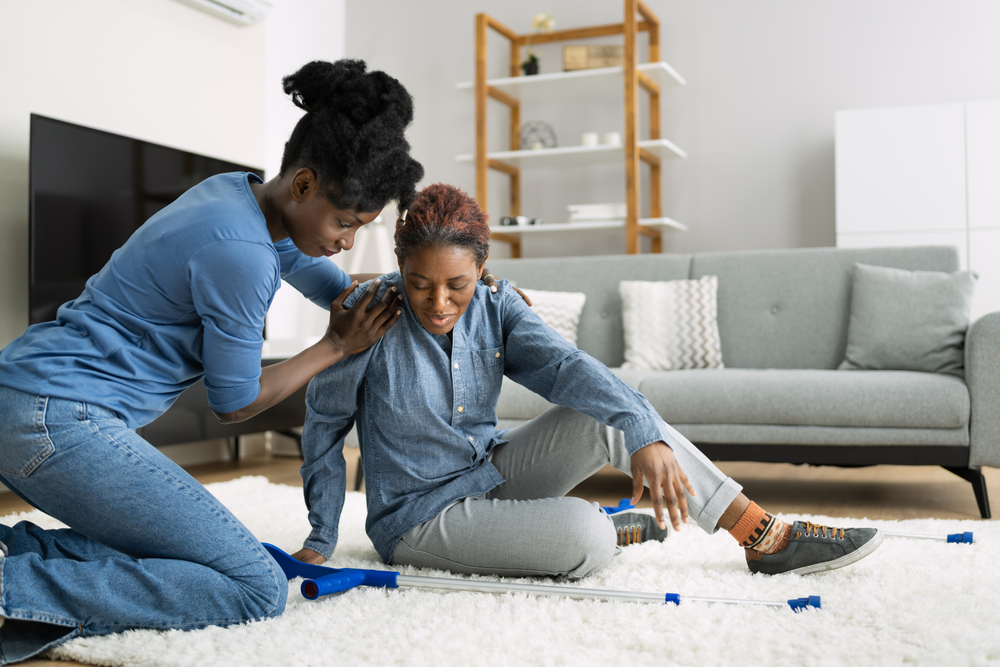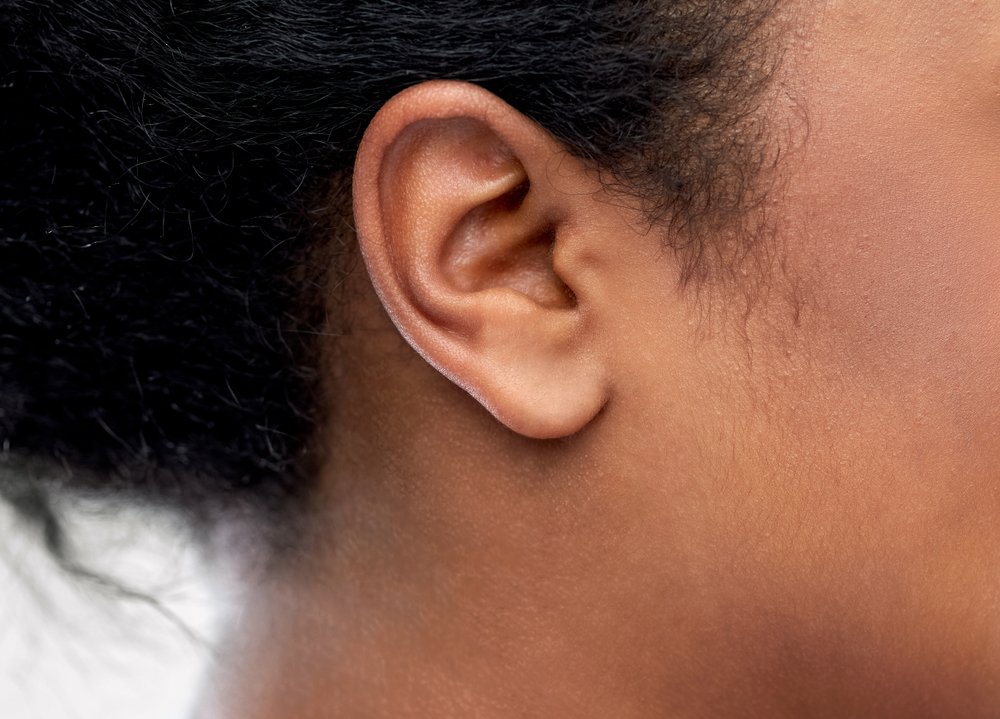If you’ve been diagnosed with hearing loss, a natural concern is whether it will worsen over time and what steps you can take to slow its progression. Every case of hearing loss is unique, and its progression depends largely on the underlying cause. Understanding the factors behind hearing loss can empower you to take proactive measures to preserve your hearing.
What are the common causes of hearing loss?
Hearing loss often arises from two primary factors: age and noise exposure. While age-related and noise-induced hearing loss cannot be reversed, there are effective strategies to protect your remaining hearing and enhance your quality of life.
What is age-related hearing loss?
Aging is the most common cause of hearing loss, medically referred to as presbycusis. This condition results from gradual damage to the delicate hair cells and nerves in the inner ear, which play a crucial role in processing sound. Over time, this damage leads to difficulty hearing high-pitched sounds, such as a child’s voice or certain consonants like F, S, K, P, and T. These changes can make understanding speech increasingly challenging.
Although aging cannot be reversed, maintaining overall health can help slow the progression of hearing loss. Good cardiovascular health, for example, supports optimal blood flow to the tiny structures in the inner ear, helping to preserve their function. Managing chronic conditions like diabetes and hypertension is equally important, as these can impact the microcirculation that keeps your inner ear healthy.
What is noise-induced hearing loss?
Excessive noise exposure is the second most common cause of hearing loss, known as noise-induced hearing loss (NIHL) or acoustic trauma. NIHL can affect people of all ages and is often the result of prolonged exposure to loud environments, such as concerts, construction sites, or even everyday activities like using lawnmowers or headphones at high volumes.
To prevent further damage from noise exposure, it’s critical to monitor your sound environment. Reduce exposure to loud noises whenever possible, and invest in protective gear, such as earplugs or noise-canceling earmuffs, especially if your workplace involves consistent exposure to high-decibel sounds. For personal listening devices, consider adhering to the 60/60 rule: listen at no more than 60% volume for no more than 60 minutes at a time.
Warning signs of hearing loss
Recognizing the early signs of hearing loss is essential for timely intervention. Be alert for the following symptoms:
- Persistent ringing or buzzing in the ears (tinnitus).
- Difficulty following conversations in noisy environments.
- Frequently asking others to repeat themselves.
- Feeling like people are mumbling or not speaking clearly.
- Turning up the volume on televisions or devices louder than usual.
If you notice any of these signs, it’s important to take action promptly.
Consult a hearing specialist
If you suspect you’re experiencing hearing loss, consulting a hearing specialist is crucial. Early detection allows for the best possible outcomes, as interventions can be tailored to your specific needs. During your visit, your specialist may perform a range of tests to identify the cause and severity of your hearing loss.
Depending on your diagnosis, treatments may include:
- Hearing aids: Modern devices are discreet and highly effective in amplifying sounds to improve hearing clarity.
- Assistive listening devices: Tools like telephone amplifiers or TV listening systems can make daily activities more accessible.
- Protective strategies: Your hearing specialist can offer personalized advice to prevent further hearing loss, such as lifestyle adjustments and protective equipment.
Embrace proactive hearing care
Taking steps to address hearing loss early can prevent further deterioration and improve your overall quality of life. By protecting your ears from excessive noise, maintaining good overall health, and seeking professional care, you can take control of your hearing health and enjoy clearer communication for years to come.
Find a hearing specialist near you to schedule an appointment today.



